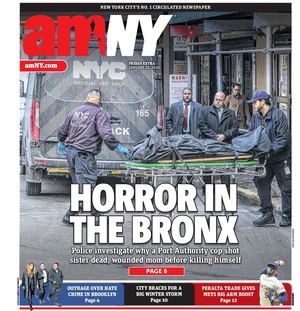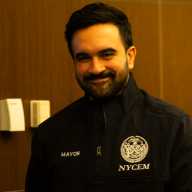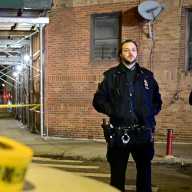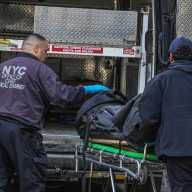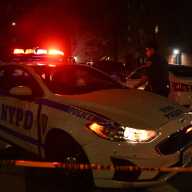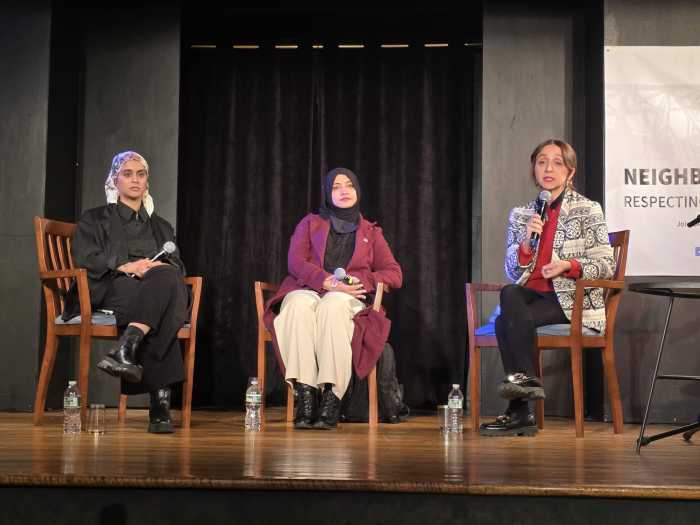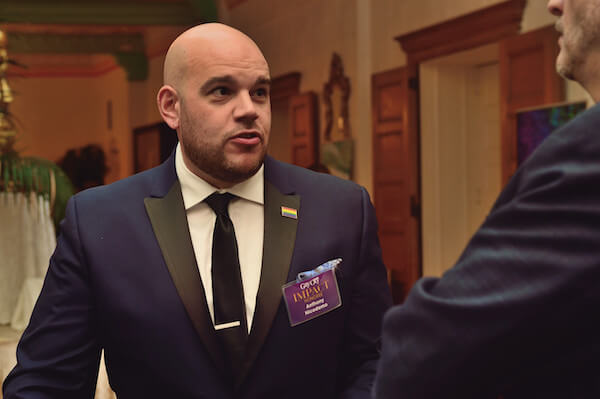By David Stanke
Six years, four months, and 17 days later, the 9/11 engine finally ran out of steam. The date has been used to attach a moral imperative to seriously flawed projects. This tactic successfully secured emotional support and subdued critics. Over the course of three days last week, a remarkable confluence of events ranging from World Trade Center redevelopment to U.S. presidential politics, has knocked the wheels off the 9/11 train. We are finally feeling the cost of decisions based on fear and sympathy instead of expertise and intelligence.
We owe Rudy Giuliani thanks for taking the teeth out of the words “nine eleven.” He links those words to every idea out of his mouth. Living near the World Trade Center, we watched our mayor run with the emotional power of 9/11 to expand his personal prospects. The scrutiny of the presidential campaign alerted the rest of the country to his shameless, manipulative ways.
But Giuliani was not alone. On many fronts, expert advice and reasonable concerns were dismissed as small thinking, greedy, insensitive, and even traitorous. But policies run their course without regard to the good intentions and wishful thinking behind them. Bad decisions and flawed plans eventually have consequences. In the fog of 9/11, we went a long way down the wrong roads before it became obvious just how lost we were. Last week the fog cleared.
On Sunday, President Bush proclaimed the future success of the Iraq war in his State of the Union, a war unjustly promoted by 9/11. In the 2004 presidential election, around half of this country supported the war and the White House. Now with Afghanistan unraveling, no apparent solution for Iraq and Osama bin Laden still at large, very few people pay attention to our president.
On Monday in Florida, Mayor Giuliani ensured that he will remain “America’s Mayor,” and not become its president. Just a month ago, he was a solid contender. On Monday, he could not even buy votes in Florida. Poor campaign tactics and a couple of small-state primary defeats cannot explain the dramatic collapse in the Giuliani brand.
Giuliani campaigned with no international experience, limited terrorism expertise, no exposure to national politics, no respect for others, and few redeeming personal characteristics. Breathing 9/11 dust doesn’t impart one with superhuman powers or make a great leader. (As it turns out, it doesn’t even qualify you for health care). Giuliani reached frequently and ruthlessly to the 9/11 weapon to generate fear and sympathy. The Floridians saw through the fog.
Also on Monday, the Metropolitan Transportation Authority announced that it did not have nearly enough money to complete its transportation hub on Fulton St. The 50-foot glass oculus was to be one of the architectural gems of the post 9/11 rebuilding. Now the Fulton Street Center may be a simple park with subway entrances. Billions of federal dollars were poured into New York for inspiring redevelopment projects to lift the area from the ashes. But inspiring presentations and good intentions do not get things built; money, talent, and discipline do.
There is speculation that the soaring wings of the Calatrava PATH station may be somewhat clipped. Deutsche Bank still stands strong despite the powerful words launched against it. How many governors will place their name on the ruins of Fiterman Hall? Consider how close we came to burying West St. for $1 billion. The money is gone. The grand visions and impassioned speeches were unreachable mirages.
Some things have been accomplished in the name of 9/11. Some destroyed W.T.C. parking lot columns have been stored intact in a hangar at J.F.K. Airport. A pristine and little used grand promenade runs along West St. Only the least important 9/11 projects have been completed and the important ones are delayed or at risk.
On Tuesday, the cloud was lifted from Larry Silverstein, once portrayed as the villain of W.T.C. redevelopment. In an upbeat presentation, he declared that he is ready to start construction on his three W.T.C office buildings and retail facilities — except that the Port Authority is late in delivering the site. Once accused by the Port of having too little money to complete his W.T.C. projects, he announced a new project to build an 80-story residential condominium and Four Seasons Hotel on a new site near the W.T.C. Silverstein’s oratory may not soar to the level of some others, but he and his organization back up the talk with actions.
Daniel Libeskind’s site plan left a massive six-block hole where the Twin Towers used to stand. His rhetoric made the hole a 9/11 tribute that people would gladly walk around to honor 9/11. With the construction turmoil we face today, walking blocks around a hole feels more like a self inflicted wound than an act of honor. But then, no one has seen (or heard) Mr. Libeskind around in quite some time.
From the W.T.C. site, to Florida, to Iraq, agendas justified by “9/11” had little foundation in reality. The “9/11” engine is sputtering. People will have to find another justification for their agendas. Which reminds me, did we every get around to fixing the intelligence agencies that failed us on 9/11?
David Stanke lives and writes in Downtown Manhattan. His e-mail is davestanke@ebond.com.
